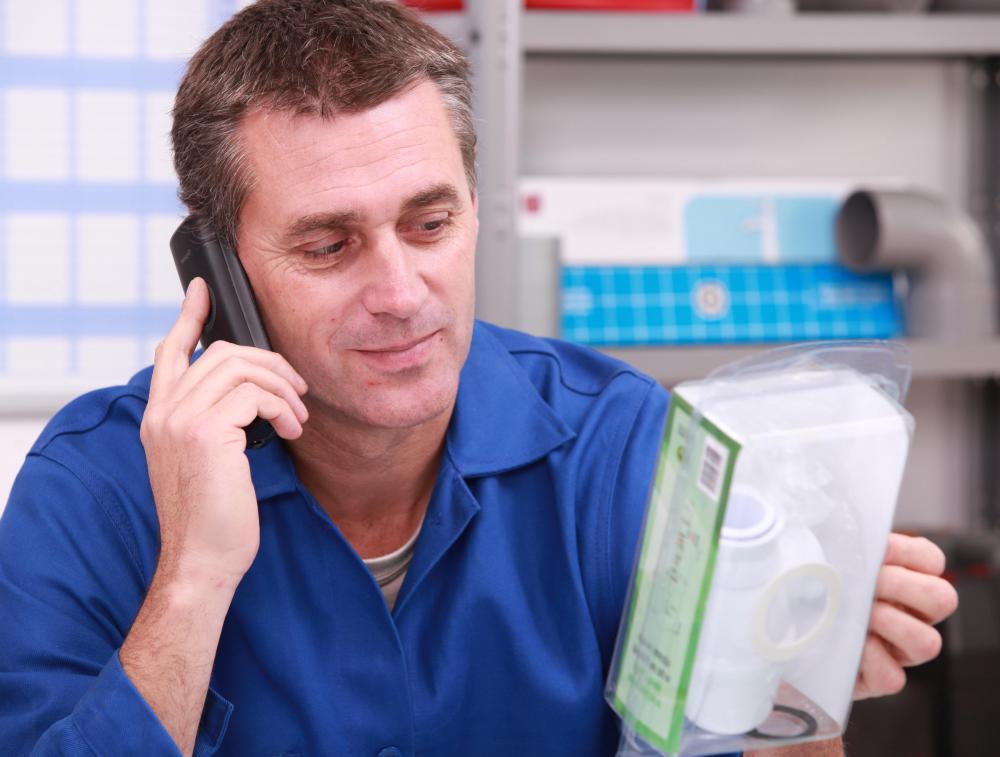At SmartCapitalMind, we're committed to delivering accurate, trustworthy information. Our expert-authored content is rigorously fact-checked and sourced from credible authorities. Discover how we uphold the highest standards in providing you with reliable knowledge.
What does a Distribution Department do?
Distribution departments are departments charged with the responsibility of receiving items that are ordered from vendors, and directing those items to the proper division or department within a company. The idea is to create a situation where all goods are accounted for from the time they are delivered, up to and including the moment they are issued to a specific unit within the business. The use of a distribution department makes it very easy to manage costs and reduce the potential for waste, as well as minimize the possibility of production being delayed due to goods being forwarded to the wrong department at the time of delivery.
The size and scope of a distribution department will vary from one business setting to the next. In general, the inbound goods are accepted by a receiving department, which verifies that the goods received are the same type and quantity as reflected on the accompanying documents. From there, the goods are placed into a storage area, and the paperwork is forwarded to the distribution department. There, those who are involved in the process of distribution management make arrangements to forward the goods received to the proper divisions or departments within the company. Once the goods are delivered to the right department, the distribution personnel record the date and time of the delivery, who received the goods, and then marks the transaction as complete.

Making use of a distribution department is beneficial in several ways. First, the department adds another level of security, because the close scrutiny of where those received goods are currently located in the company pipeline helps to cut down on the possibility of employee theft. The quantity of the goods must match what is shown as received by the receiving department, and must also agree with the quantities that are issued or distributed to various departments in the company structure. If there is some sort of variance, steps can be taken to determine where the variance took place, and thus make it easier to identify who may have stolen the goods.

There are usually several distribution department jobs common to this type of operation. Along with a departmental manager, one or more distribution operators are commonly a part of the distribution team. The operators often work with the receiving department to verify quantities and types of goods, make sure they are held in the right location while distribution to other areas of the company is pending, and prepare the paperwork that authorizes the removal of the goods from storage and their transport to their destination. Some operators may focus more on the actual handling of the goods, while others address the clerical steps involved in the distribution process.
AS FEATURED ON:
AS FEATURED ON:












Discussion Comments
Another benefit of this kind of department, in addition to narrowing down who handled incoming products, is that those who best know what the company needs are able to inspect the products before they are accepted for use or distribution.
This way, faulty products can be identified and returned to the distributor, saving the company from paying for defective goods.
If a specific distributor begins to show a pattern of delivering defective products, a company can investigate and perhaps change suppliers or renegotiate existing supply contracts.
Post your comments